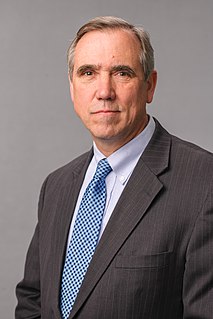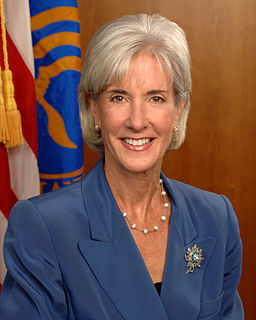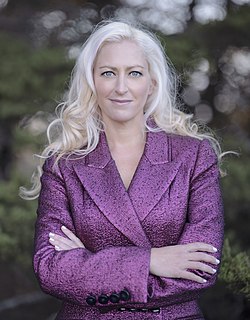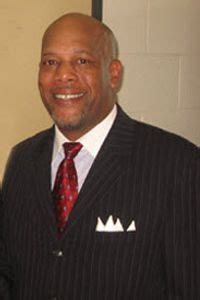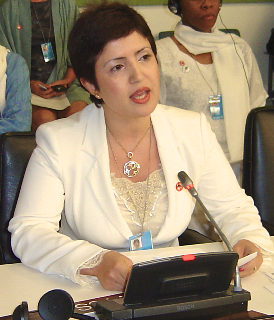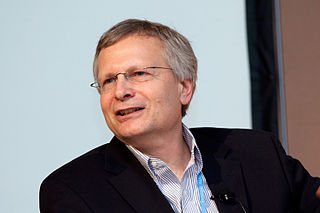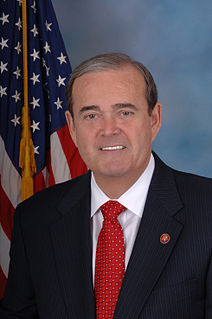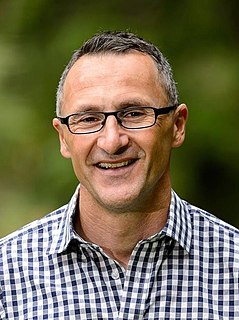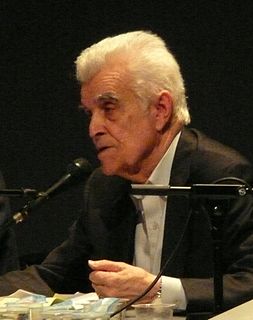Top 1200 Global Health Quotes & Sayings
Explore popular Global Health quotes.
Last updated on April 14, 2025.
The president recognizes that funding global health is good for national security, domestic health and global diplomacy. Consequently, President Obama has steadily increased funding for the President's Emergency Plan for AIDS Relief, or PEPFAR, which was created by President Bush and has strong bipartisan support.
In the future, I think it's pretty plausible that collective intelligence tools and skills will be important in order to be a part of global dialog, global business, and global creativity. People who know how to negotiate collective intelligence networks are going to be in a good position to contribute to global society.
We are working towards a shared vision of the future for health among all the world's people. A vision future in which we develop new ways of working together at global and national level. A vision which has poor people and poor communities at its centre. And a vision which focuses action on the causes and consequences of the health conditions that create and perpetuate poverty.
Here's the problem - carbon dioxide doesn't contribute to smog and isn't a health threat. All of this is being done because some people believe carbon dioxide is causing global warming, and that preventing carbon dioxide from entering the air is the only answer. Never mind that there is still an ongoing scientific debate about global warming itself, and that some respected climate scientists believe that methane is a better target, California legislators have locked their sites on carbon dioxide.
The specter of climate change threatens worsening natural disasters, rapid urbanization, forced migration, and economic hardship for the most vulnerable. Despite significant global advances, inability to effectively address epidemics and health emergencies still prevail and continuously threaten global health security and economic development.
Measles is probably the best argument for why there needs to be global health, and why we have to think about it as a global public good. Because in a sense, measles is the canary in the coal mine for immunization. It is, you know, highly transmissible. The vaccine costs 15 cents, so it's not - you know, shouldn't be an issue in terms of cost.
Lack of accountability weakens the environmental and health rights of citizens; it damages peace- building and reconciliation initiatives; impedes the implementation of global health policies; leads to the loss of ecosystems and biodiversity; and weakens democracy, justice, human rights, and international security.
Unlike national markets, which tend to be supported by domestic regulatory and political institutions, global markets are only 'weakly embedded'. There is no global lender of last resort, no global safety net, and of course, no global democracy. In other words, global markets suffer from weak governance, and are therefore prone to instability, inefficiency, and weak popular legitimacy.
There are environmental threats to health; there are internal threats to health - genetic conditions, viral threats, diseases like cancer and Parkinson's. And then there are societal and global ones, like poverty and lack of nutrition. And unknown viral threats - everything from a new kind of influenza to hemorrhagic fever.
I've obviously come from a health background. I was a doctor before I became a pollie and one of the things I'd like to do is to really build on the world-class health system we've got. I'm passionate about climate change because it's also a health issue. Things like extreme weather impact on people's health, the ability of our hospitals to cope, the impact on mental health, on farmers in regional areas - they're all serious health concerns.
I want us to be judged by the impact we have on the health of the people of Africa and the health of women. Improvements in the health of the people of Africa and the health of women are key indicators of the performance of WHO. This is a health organization for the whole world... But we must focus our attention on the people in greatest need.
I do normal kind of contributions, particularly for people who are going over to Africa and help highlighting global health, and that's tended to be pretty bipartisan in nature because of the coalition there exists fortunately around these global health issues. But I don't think my backing, putting a lot of money into political contributions is a way I'm going to try and help improve the world.
Health is certainly extremely important, and we've done a number of things at Facebook to help improve global health and work in that area, and I am excited to do more there, too. But the reality is that it's not an either-or. People need to be healthy and be able to have the Internet as a backbone to connect them to the whole economy.
The Catholic community, with many others, has long worked for this new commitment on global health and debt relief (President George W. Bushs proposed $15 billion Global AIDS initiative). I hope that Congress will now appropriate the money needed to make this legislation a reality, and that the U.S. government will press for strengthening the debt relief program along the lines proposed by this legislation.
I travel the world visiting global health programs as an ambassador for the global health organization, PSI, and sometimes the disconnect I see is truly striking: people can get cold Coca Cola, but far too infrequently malaria drugs; most own mobile phones, but don't have equal access to pre-natal care.
Most of the people who make decisions about global health are in the U.S. and Western Europe. There, the mental health care system is dominated by highly trained, expensive professionals in big hospitals, who often see patients over long periods of time. This simply can't be done in rural Africa or India. Who the hell can afford that kind of care?
